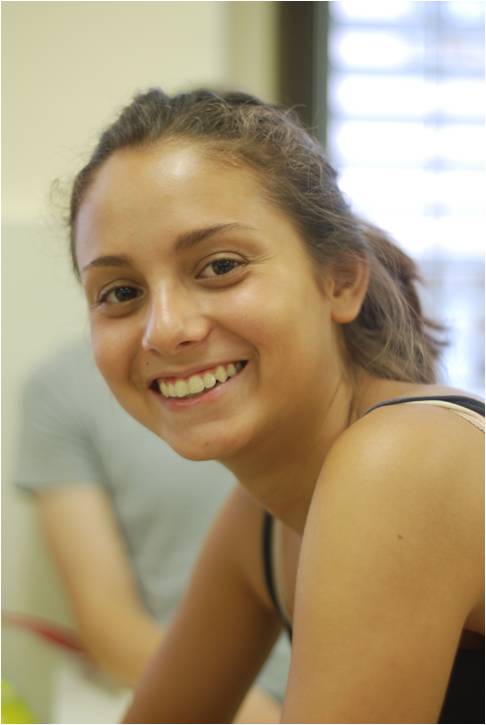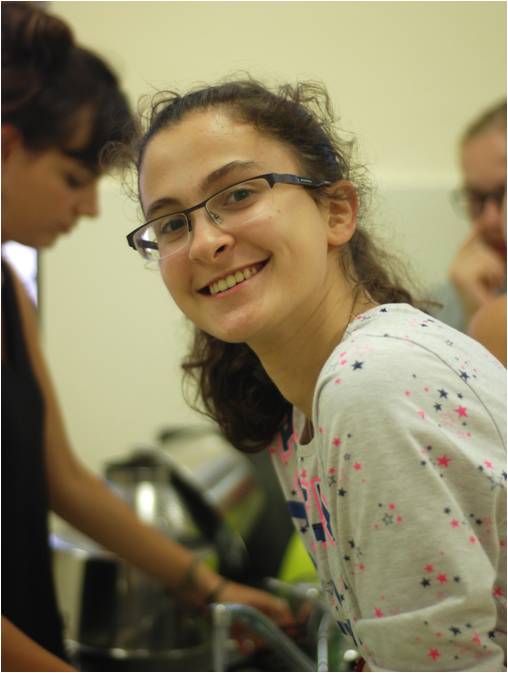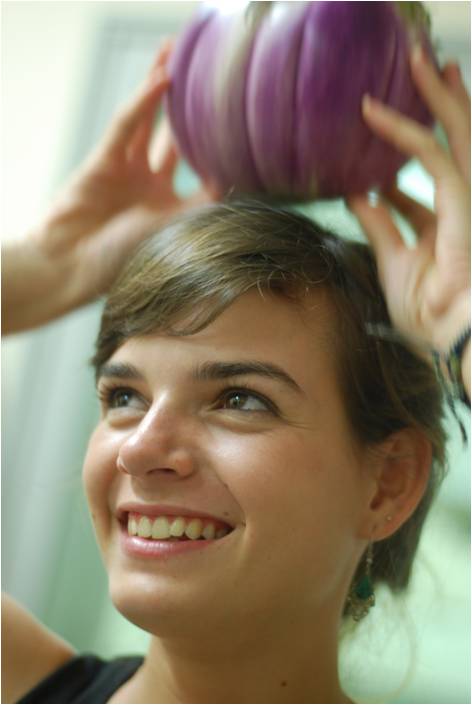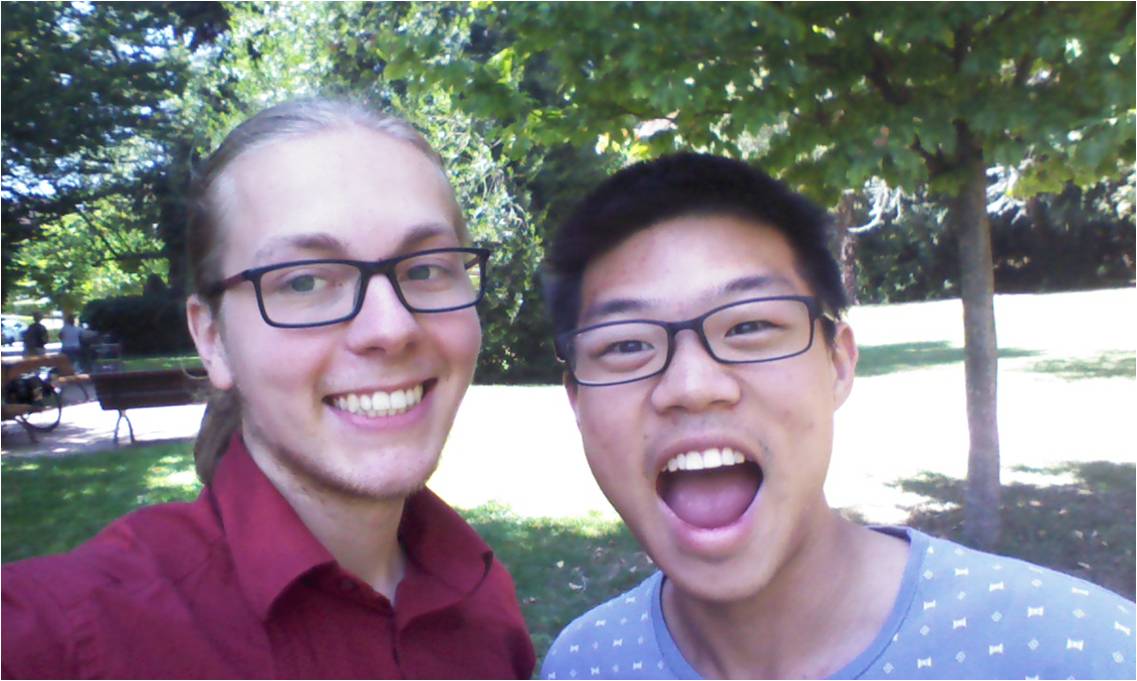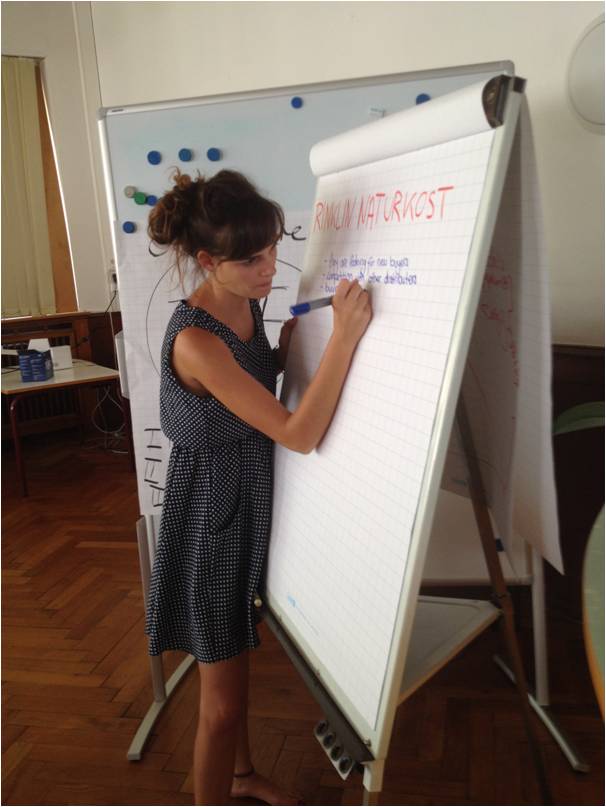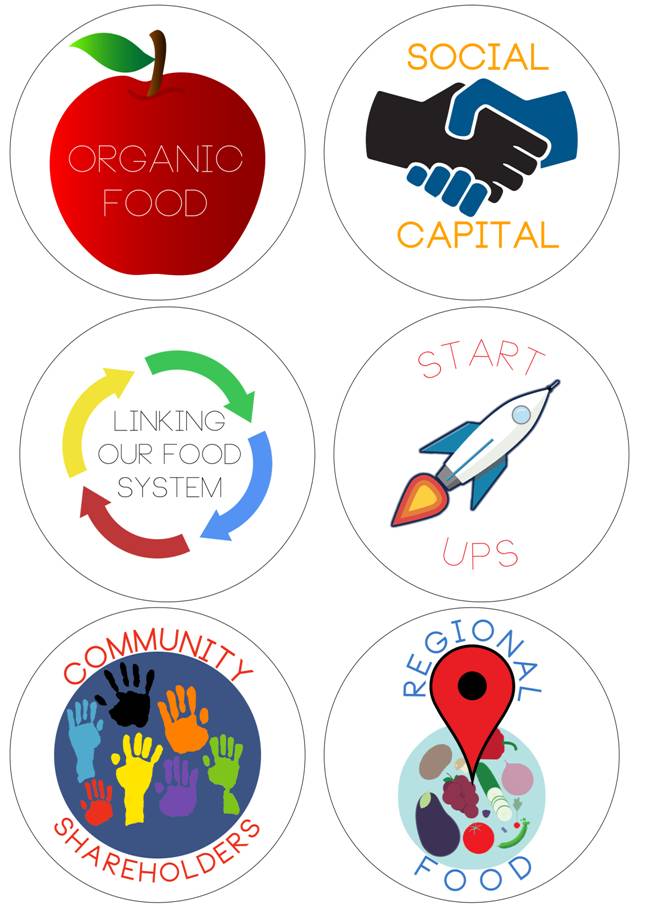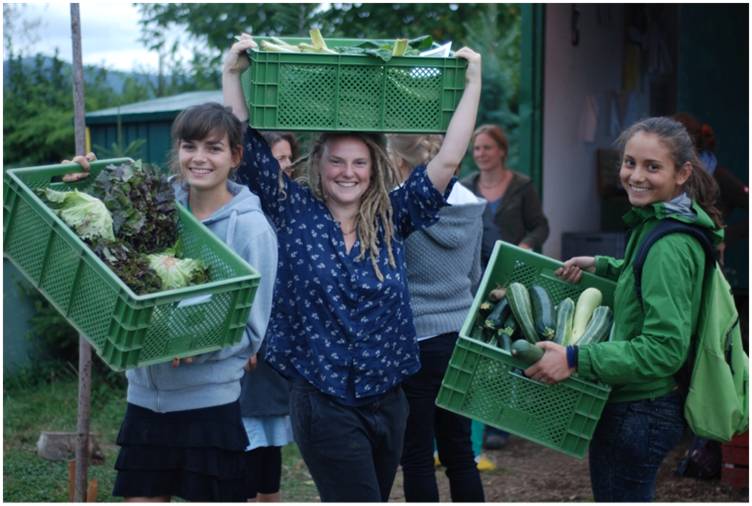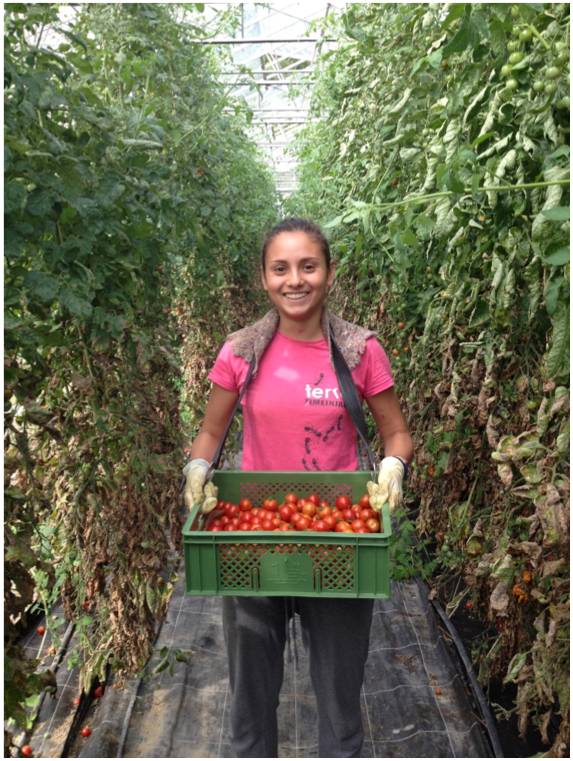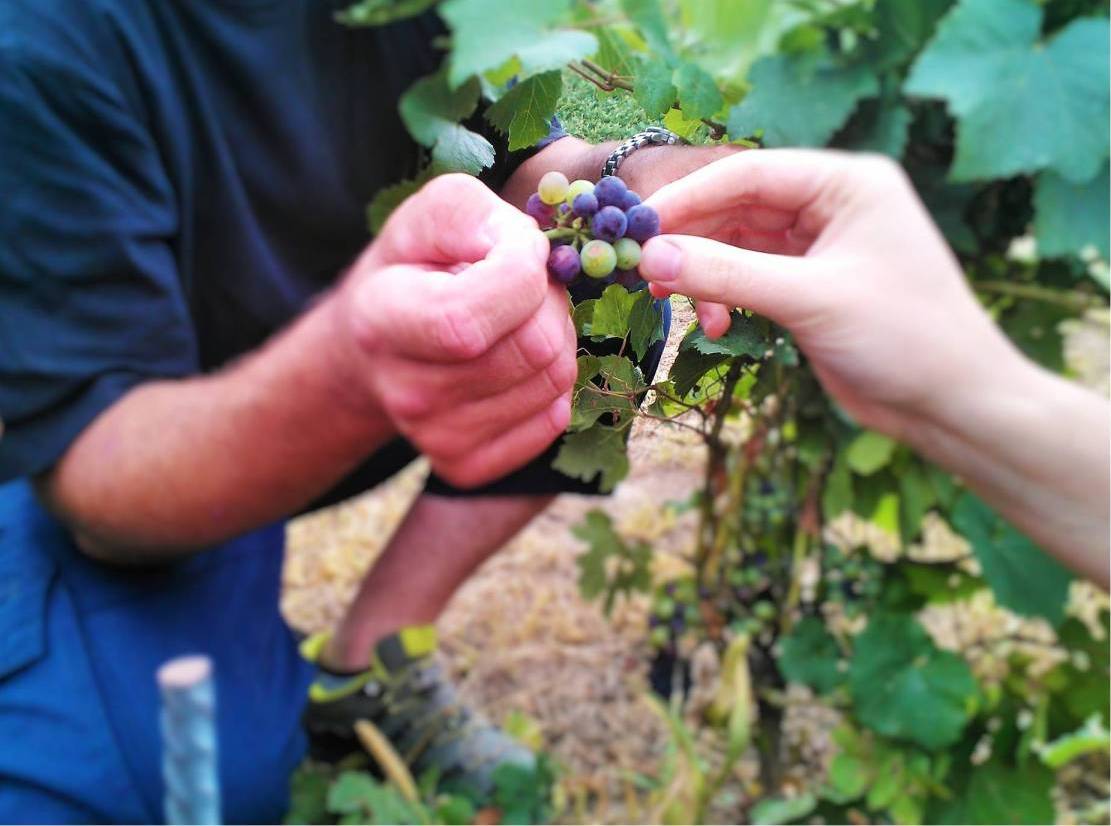- Kategorie: Uncategorised
- Geschrieben von Sarah Buron
- Zugriffe: 31054
Charrette 2015
 |
||||||
Charrette Book 2015
The Future of Food Sustainability
|
||||||
| Download the full report on the Summer University: Charrette Book | ||||||
|
||||||
Students |
||||||
|
||||||
|
||||||
|
||||||
|
||||||
|
||||||
|
||||||
Cooperating partners |
||||||
|
||||||
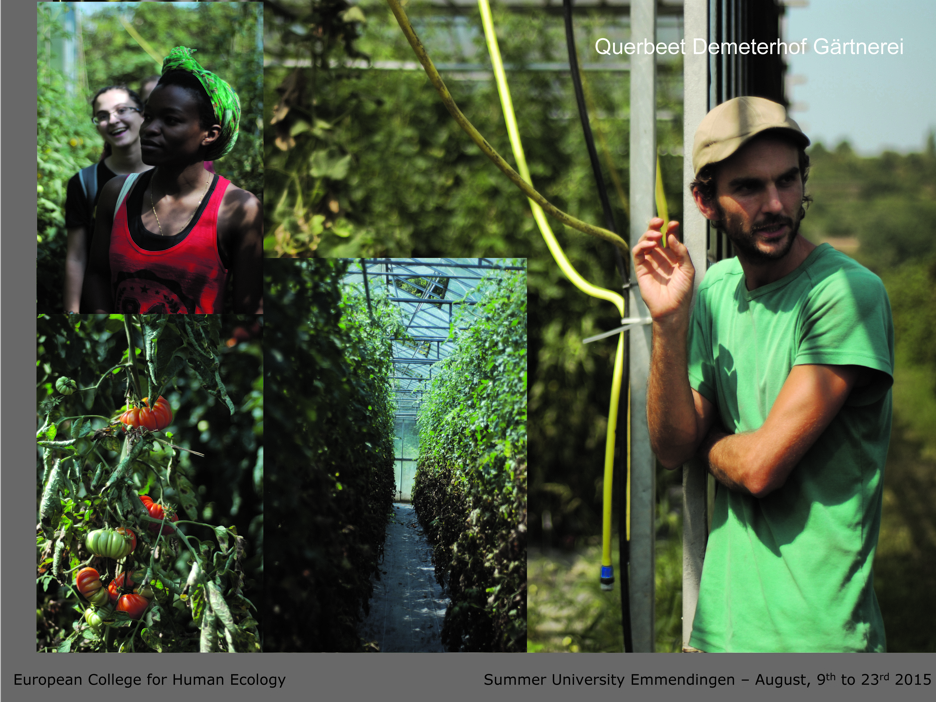 |
||||||
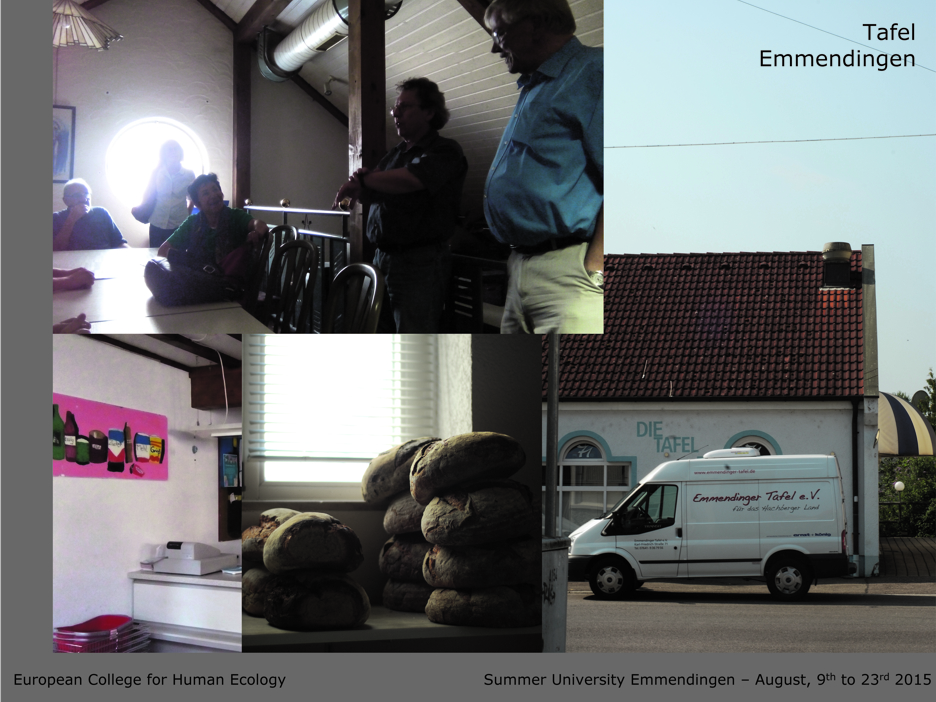 |
||||||
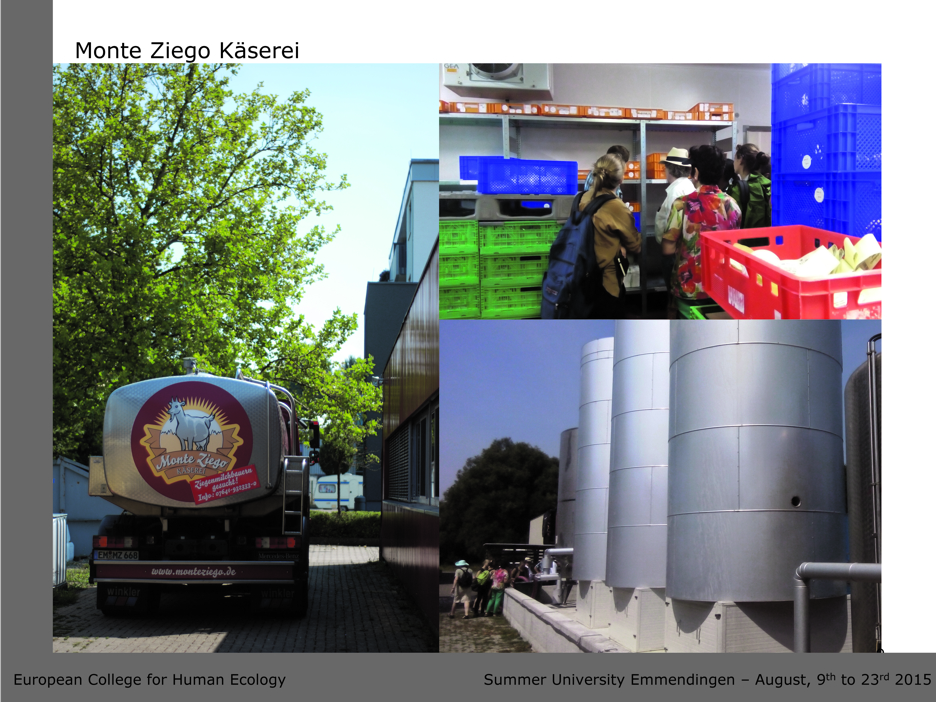 |
||||||
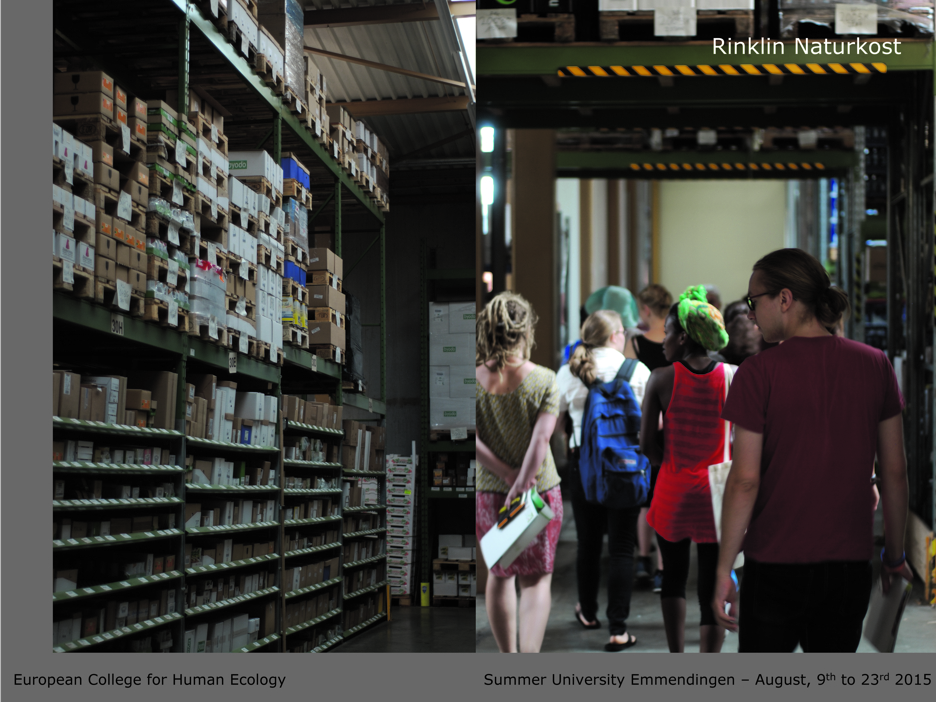 |
||||||
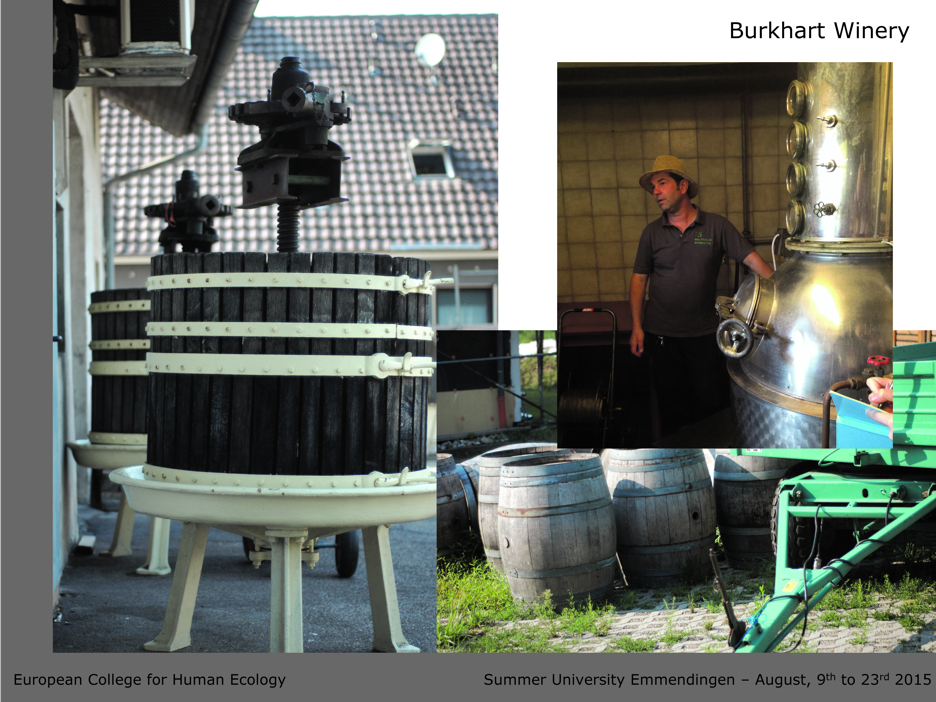 |
||||||
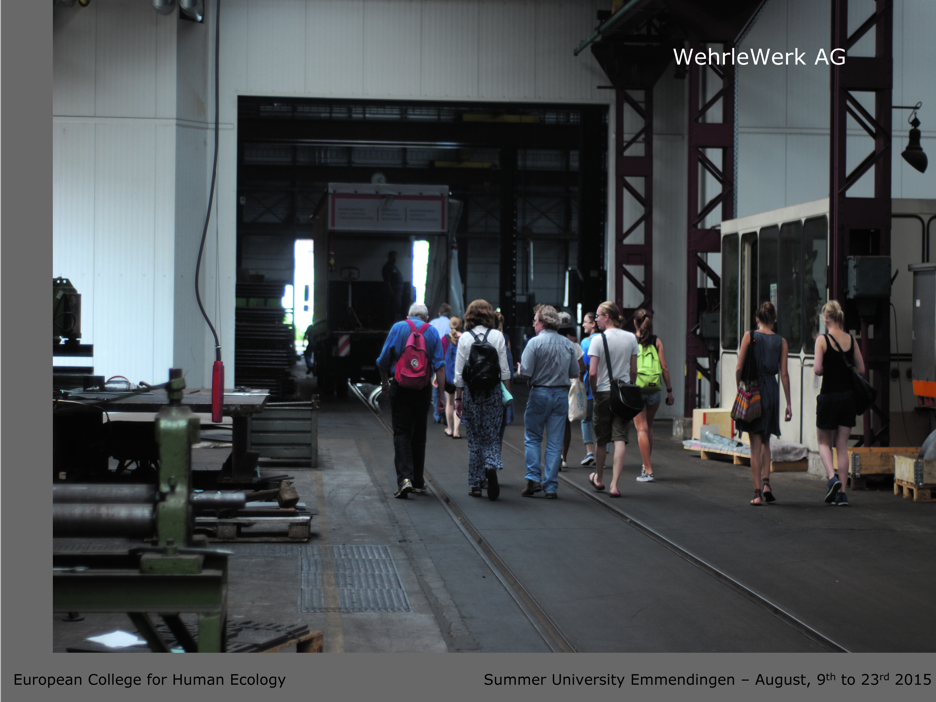 |
||||||
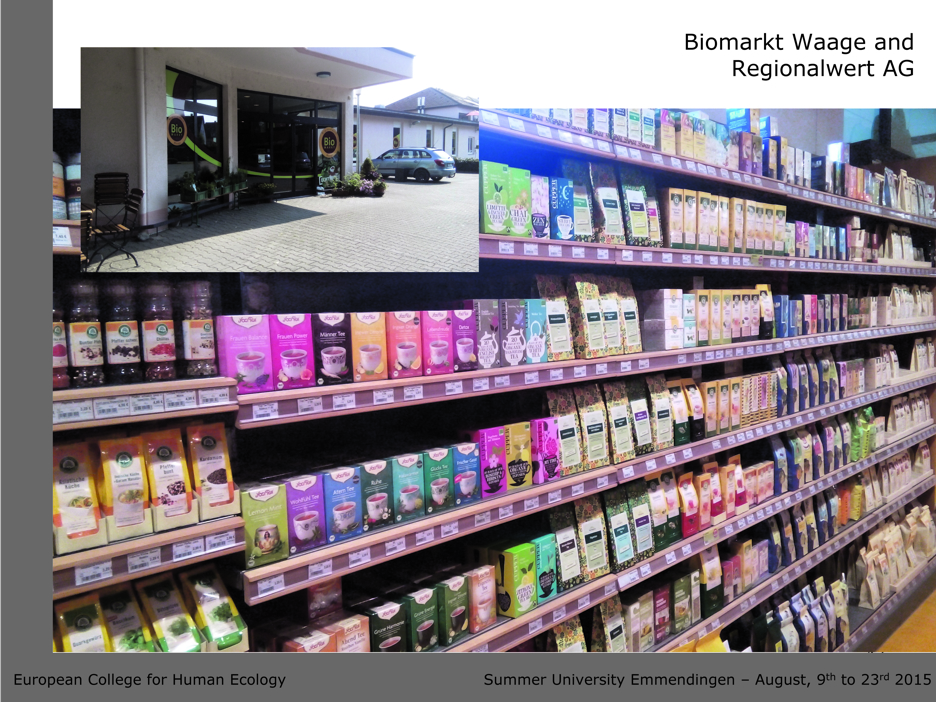 |
||||||
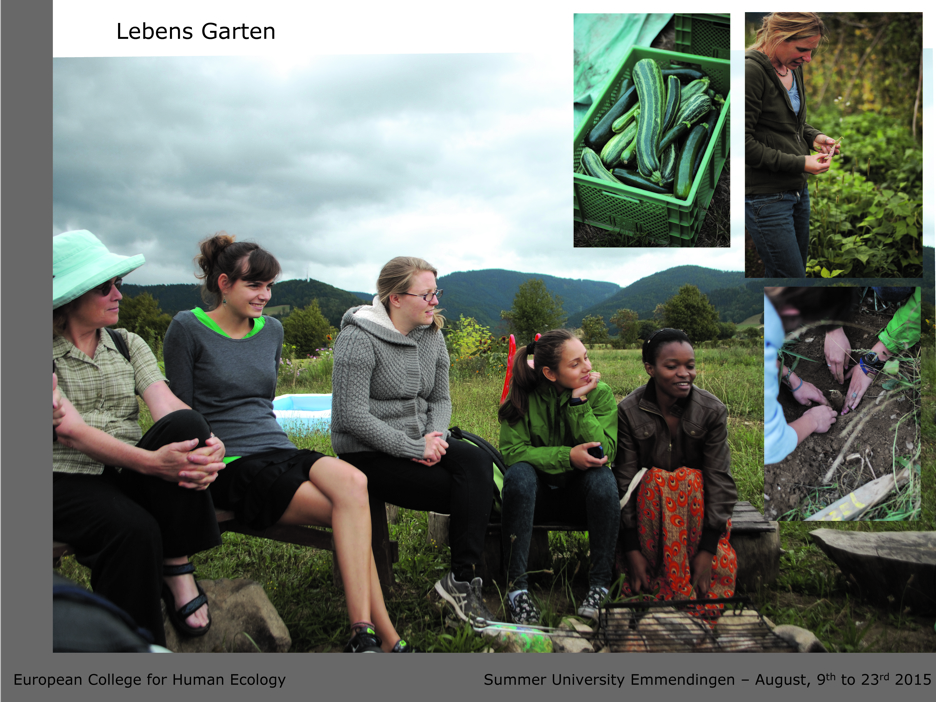 |
||||||
| Communal meals were an essential part of the Summer University. Buying local food at the market and cooking together has been the practical application of food sustainability. Students and staff got to know the meal cultures of different home contries. The kitchen at the Karl-Friedrich-Schule was kindly put at our disposal by the municipality. | ||||||
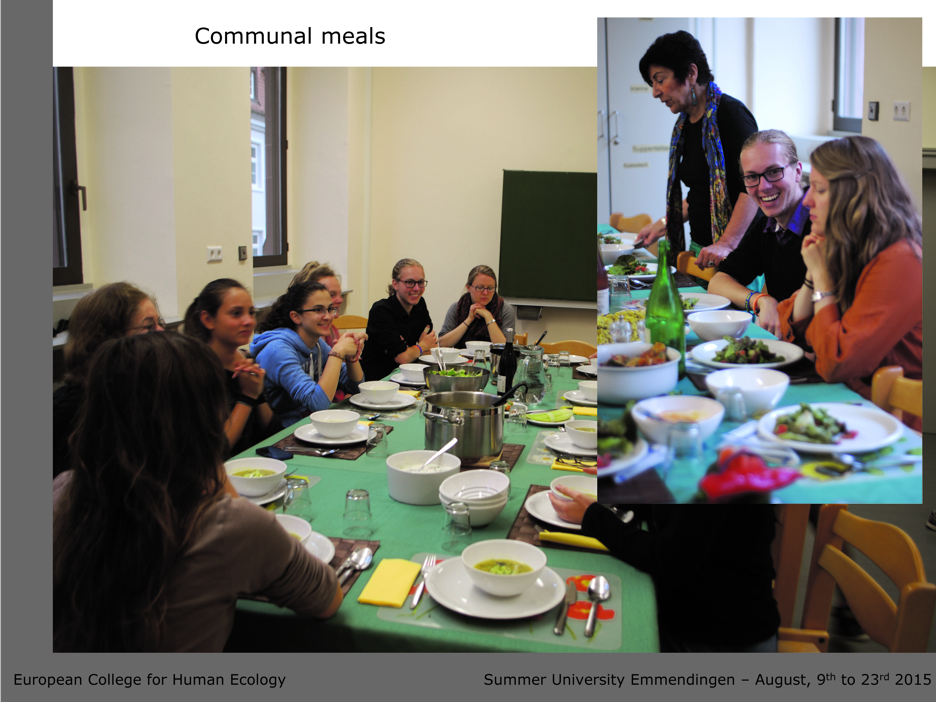 |
||||||
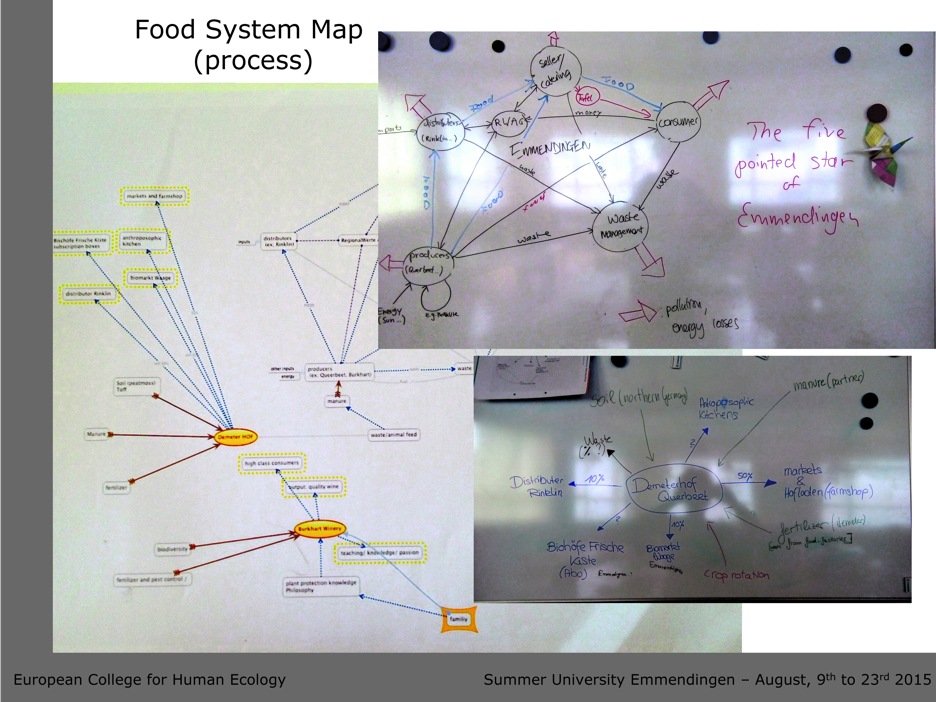 |
||||||
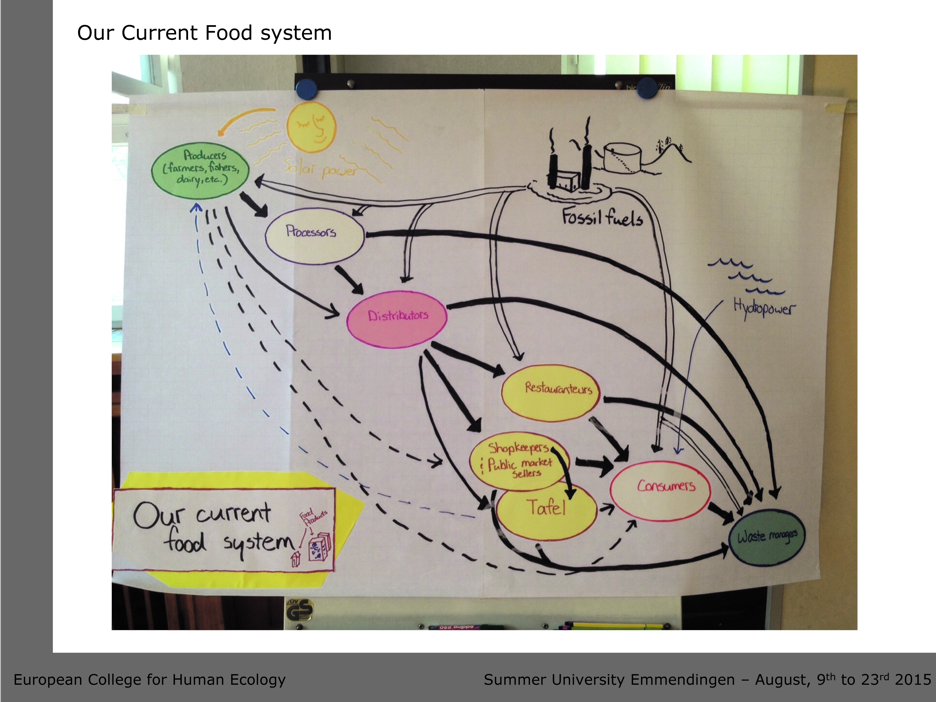 |
||||||
Project Partners Investigation |
||||||
Regionalwert AG |
||||||
|
||||||
Querbeet Demeter Hof |
||||||
|
||||||
Weinmanufaktur Burkhart |
||||||
|
||||||
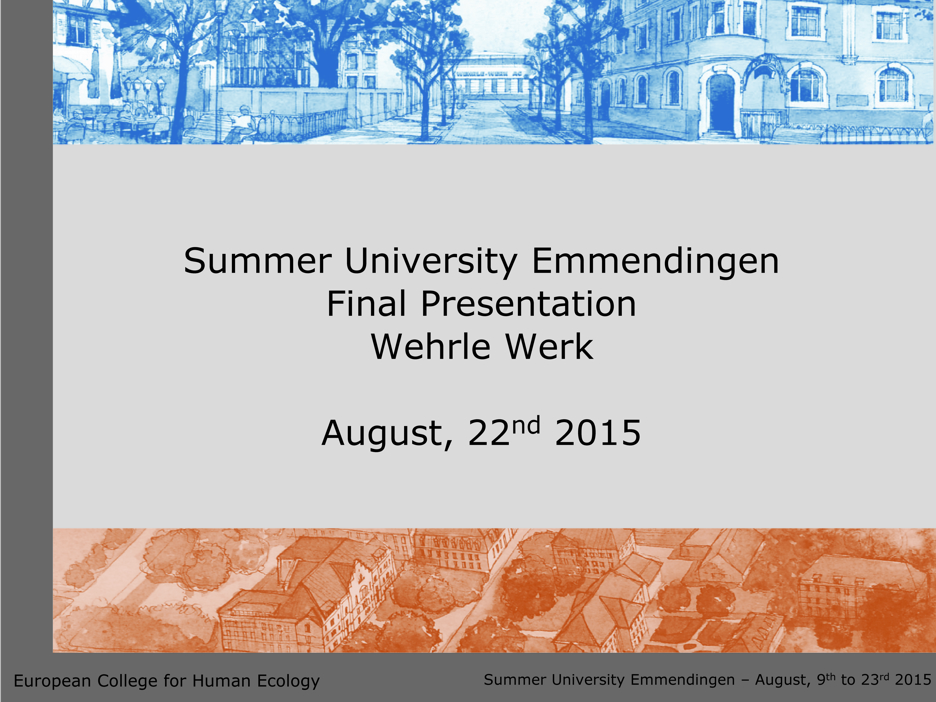 |
||||||
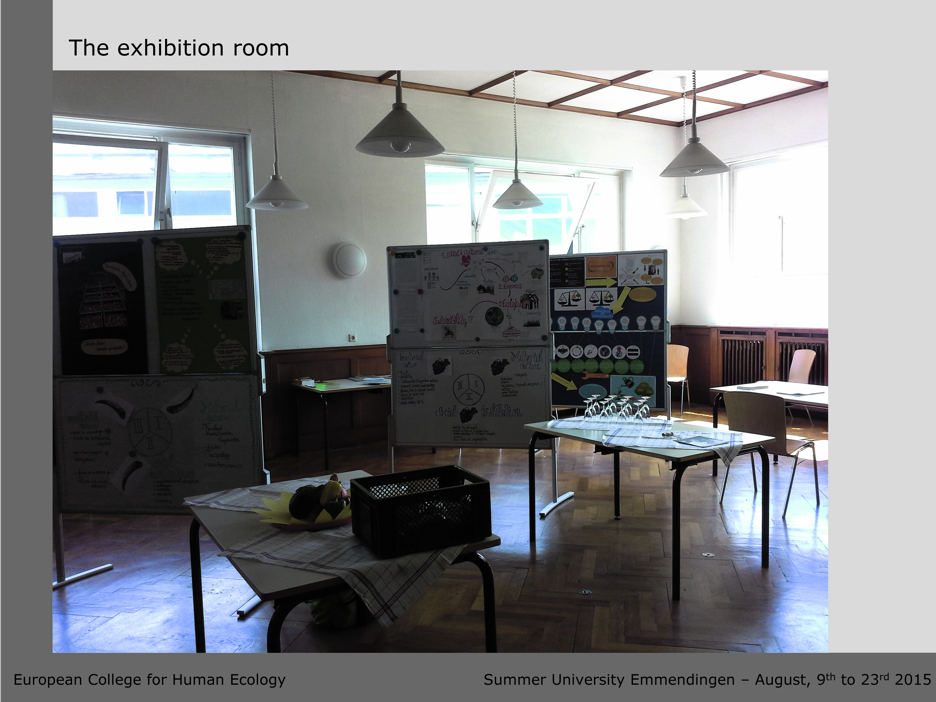 |
||||||
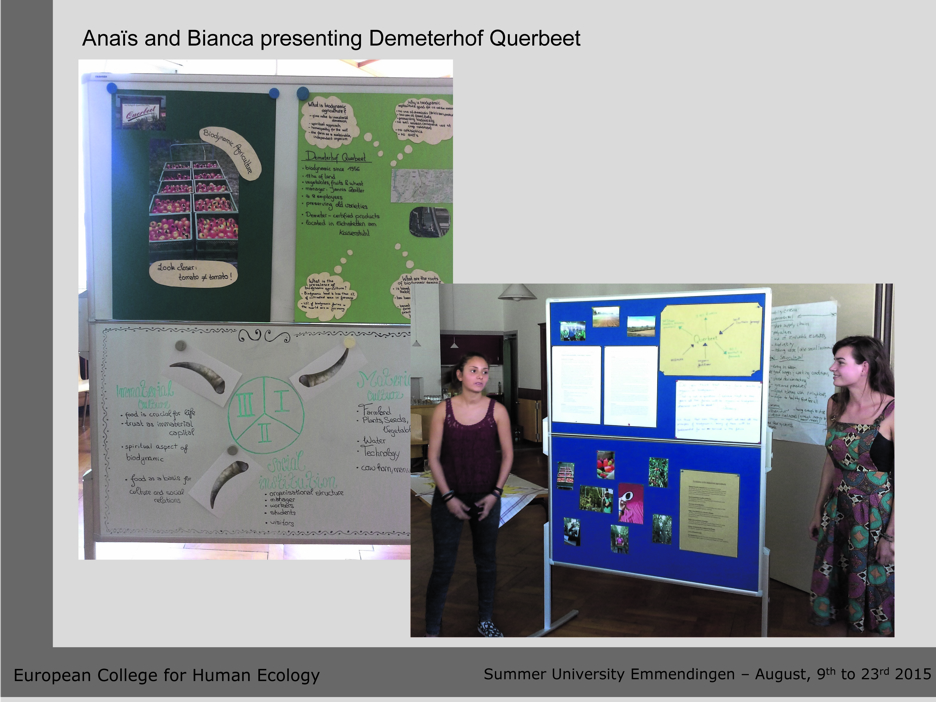 |
||||||
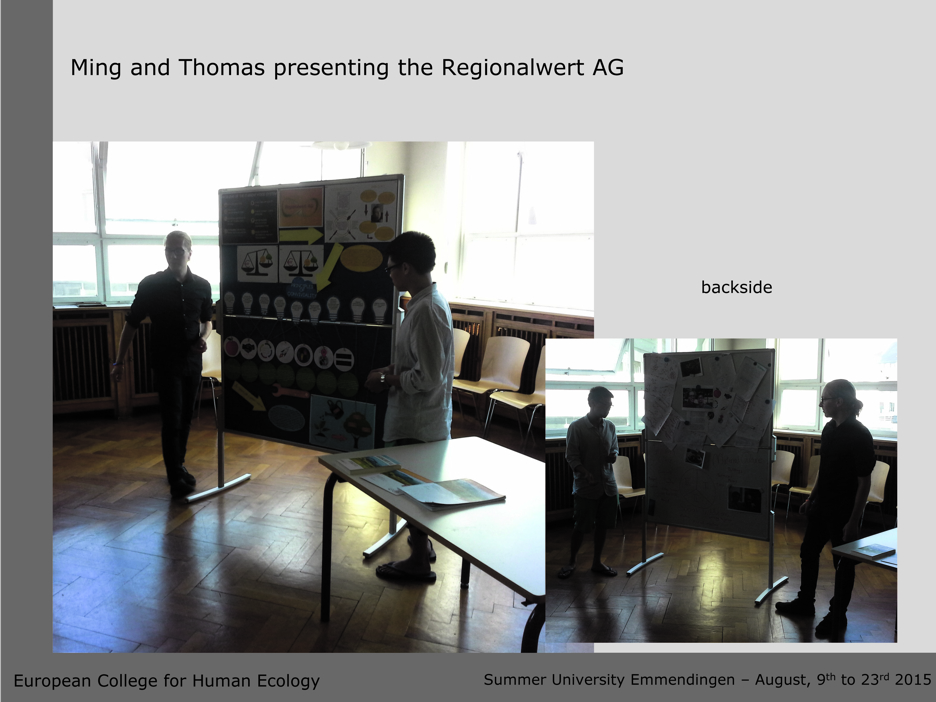 |
||||||
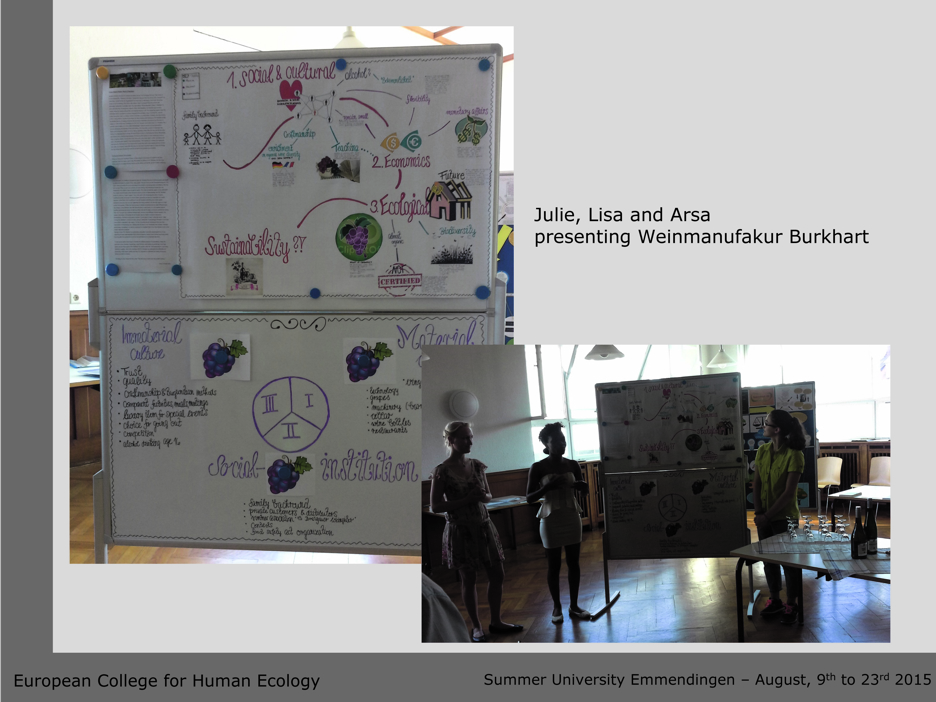 |
||||||
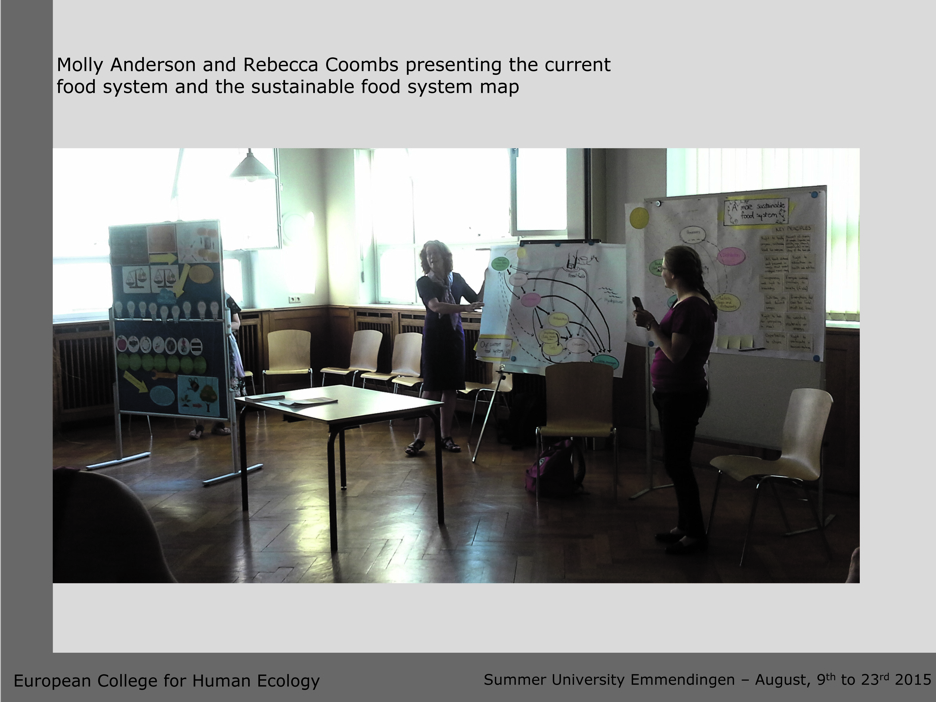 |
||||||
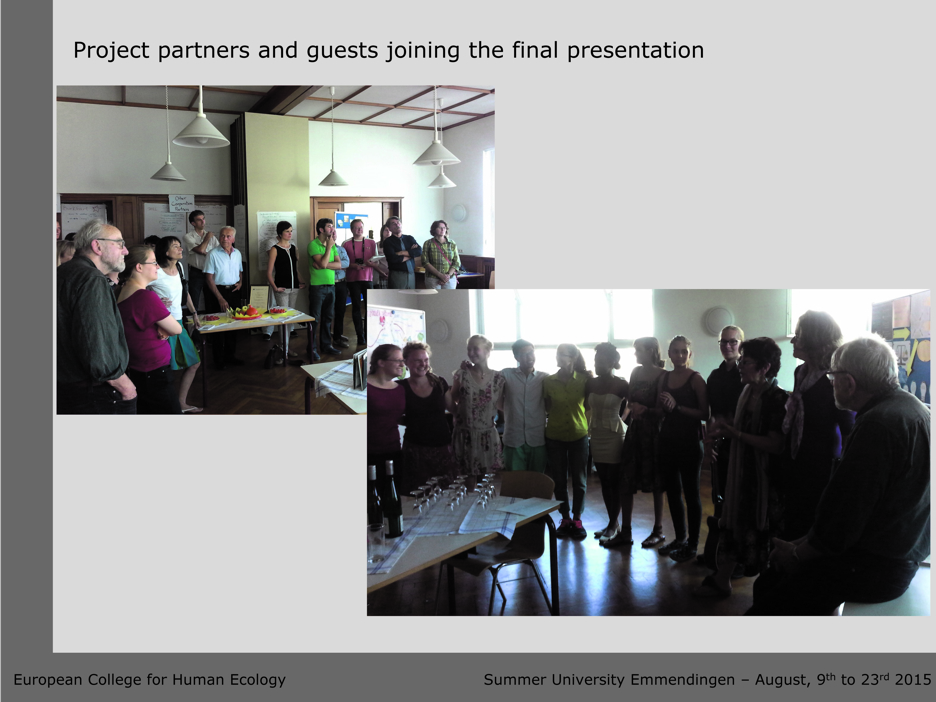 |
||||||


